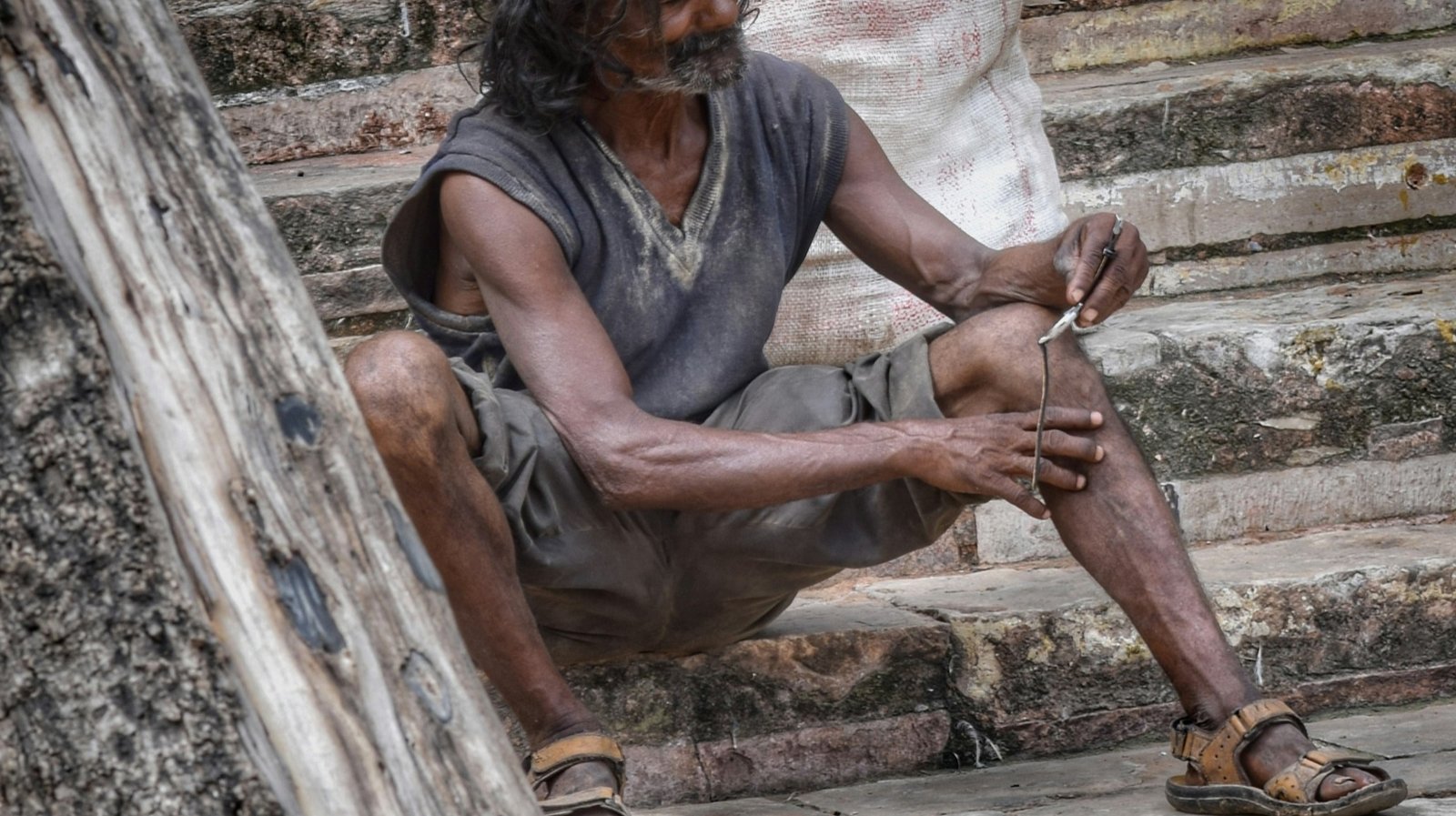
Mizoram Assembly Passes Prohibition of Beggary Bill 2025
Mizoram Assembly Passes Prohibition of Beggary Bill 2025
The Mizoram Assembly has passed the Mizoram Prohibition of Beggary Bill, 2025, to curb begging in the state while simultaneously establishing provisions for the rehabilitation of those affected by beggary. The bill aims not only to prohibit begging but also to create a supportive system with livelihood opportunities to help individuals regain dignity and self-reliance.
Social Welfare, Women and Child Development Minister Lalrinpuii, who presented the bill, emphasized that the legislation addresses growing concerns about a possible influx of beggars with the expected inauguration of the Sairang-Sihhmui railway station on September 13. This new railway line is anticipated to increase movement from other states, potentially leading to uncontrolled begging in Mizoram. To prevent this, the bill proposes the establishment of a state-level relief board and receiving centres where beggars will be temporarily retained before being rehabilitated or sent back to their home states within 24 hours.
A survey conducted by the Social Welfare Department recorded over 30 beggars in Aizawl, the capital, most of whom are outsiders, highlighting the need for preventive action. The bill’s focus extends beyond punishment; it is meant to support the vulnerable by providing sustainable livelihood options and working closely with churches and NGOs to maintain Mizoram's relatively beggar-free status.
However, the bill faced criticism from the opposition, particularly from Mizo National Front leader Lalchhandama Ralte, who argued that banning begging may contradict Mizoram’s Christian values of compassion and dignity. He advocated for community involvement rather than restrictive laws. In response, Chief Minister Lalduhoma defended the bill’s rehabilitative intent, clarifying that the government’s goal is to ensure dignity and assistance to the needy, not to criminalize poverty.
The passage of this bill marks a significant move to regulate begging with a blend of prohibition and welfare, aiming to balance law and order with social support and rehabilitation.










